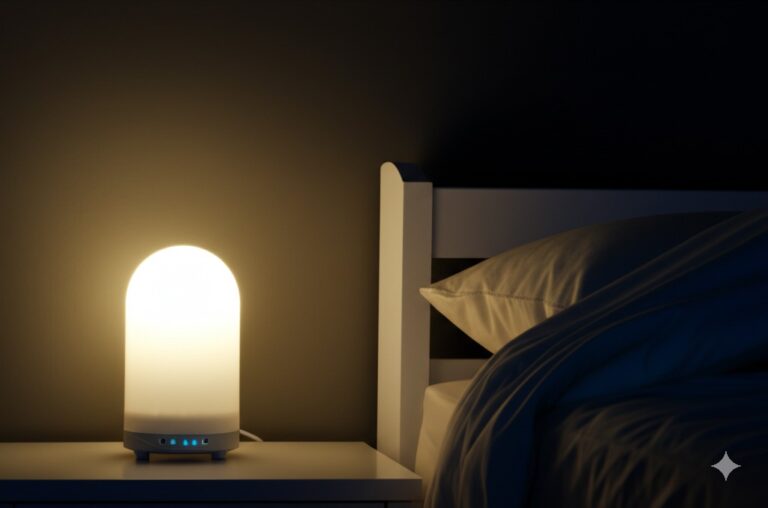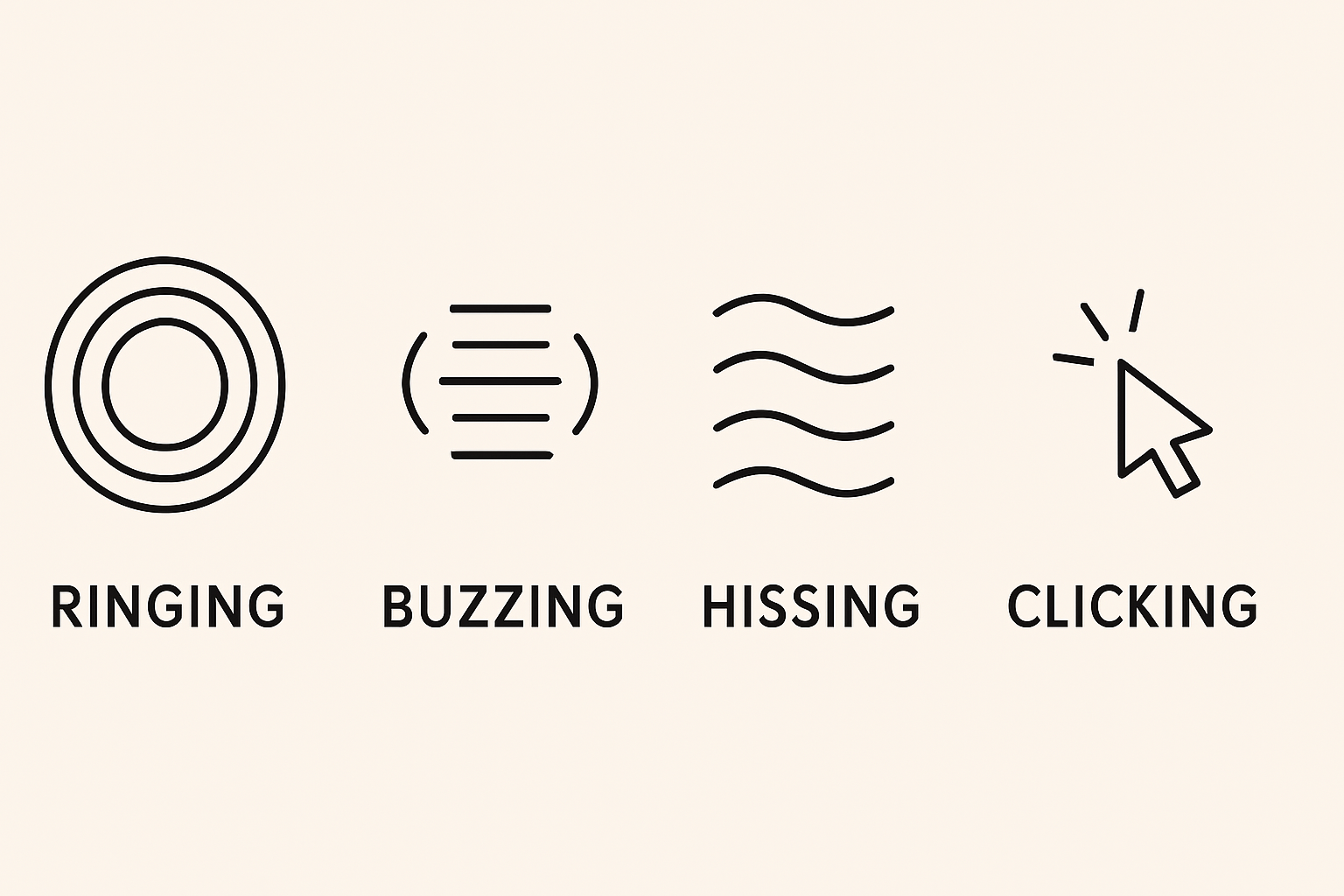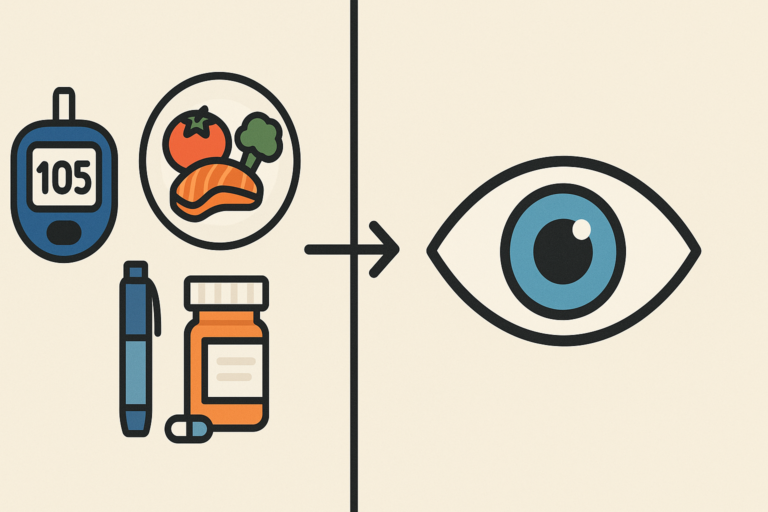That Ringing, Buzzing, or Hissing Sound: Understanding Tinnitus
Do you hear a persistent ringing, buzzing, hissing, clicking, or humming sound that others don’t seem to notice? This common phenomenon is called Tinnitus. While not a disease itself, tinnitus is a symptom – often related to underlying changes in the ear or auditory system – and it becomes increasingly prevalent as we age.
For some, tinnitus is a minor annoyance; for others, it can be distressing and significantly impact sleep, concentration, and overall quality of life. Understanding what tinnitus is, its common causes, and effective coping strategies is key to managing it. This guide from Elderly Care First provides clear information about tinnitus specifically for seniors (65+) and their caregivers.
What Exactly is Tinnitus?
Tinnitus is the perception of sound when no actual external sound is present. It’s often described as “ringing in the ears,” but the sound can vary greatly from person to person. It might be:
- Ringing
- Buzzing
- Hissing
- Clicking
- Roaring
- Humming
- Whooshing (sometimes pulsing in time with your heartbeat – called pulsatile tinnitus)
The sound can be constant or intermittent, loud or soft, and heard in one or both ears. It’s important to remember that tinnitus itself is not imaginary; it’s a real perception of sound generated within your own auditory system.
Common Causes of Tinnitus in Seniors
While the exact mechanism isn’t always fully understood, several factors are known to cause or contribute to tinnitus, especially in older adults:
- Age-Related Hearing Loss (Presbycusis): This is one of the most common causes. As hearing declines, changes in the inner ear and auditory nerve pathways can lead to the brain perceiving phantom sounds. Understanding Hearing Loss in Seniors
- Noise Exposure: Years of exposure to loud noise (from work, music, machinery, etc.) can damage the delicate hair cells in the inner ear, leading to both hearing loss and tinnitus.
- Earwax Buildup: Excessive earwax blocking the ear canal can sometimes cause temporary tinnitus.
Earwax Guide (coming soon) - Medications (Ototoxicity): Certain medications, including some high-dose aspirin, nonsteroidal anti-inflammatory drugs (NSAIDs), certain antibiotics, cancer drugs, diuretics, and antidepressants, can potentially cause or worsen tinnitus as a side effect. Always discuss medication side effects with your doctor.
- Meniere’s Disease: An inner ear disorder that affects hearing and balance.
- Head or Neck Injuries: Trauma can affect the inner ear, hearing nerves, or brain function linked to hearing.
- Temporomandibular Joint (TMJ) Disorders: Problems with the jaw joint can sometimes cause tinnitus.
- Cardiovascular Issues: Conditions like high blood pressure or atherosclerosis (hardening of the arteries) can sometimes cause pulsatile tinnitus due to changes in blood flow near the ear.
- Other Medical Conditions: Thyroid problems, anemia, autoimmune disorders, and acoustic neuroma (a benign tumor on the auditory nerve) can sometimes be associated with tinnitus.
Is Tinnitus Serious? When Should I Worry?
For most people, tinnitus is not a sign of a serious underlying medical condition. However, it can certainly be bothersome and impact daily life.
You should see a doctor or hearing healthcare professional (like an audiologist) if:
- Your tinnitus develops suddenly or without apparent cause.
- It occurs only in one ear.
- It’s pulsatile (sounds like your heartbeat).
- It’s accompanied by dizziness, vertigo, or hearing loss.
- It’s causing significant distress, anxiety, depression, or interfering with sleep or concentration.
A healthcare professional can help rule out treatable underlying causes and discuss management strategies.

Diagnosing Tinnitus
There isn’t one specific test for tinnitus itself, as it’s a symptom. Diagnosis involves:
- Medical History: Discussing your symptoms, health conditions, medications, and noise exposure history.
- Physical Examination: Checking your ears, head, and neck.
- Hearing Test (Audiogram): This is crucial, as tinnitus often accompanies hearing loss. Identifying and treating any hearing loss can sometimes reduce the perception of tinnitus. Hearing Test Guide (coming soon)
- Other Tests (Sometimes): Depending on your symptoms, imaging tests (MRI or CT scan) or blood tests might be ordered to rule out other conditions.
Coping Strategies & Management Options
While there’s often no “cure” that completely eliminates tinnitus, many effective strategies can help manage the symptom and reduce its impact:

- Treating Underlying Hearing Loss: If hearing loss is present, using well-fitted hearing aids can be very helpful. By amplifying external sounds, hearing aids can make the tinnitus less noticeable and reduce the listening effort that can worsen tinnitus perception. Recommended Solution
- Sound Therapy / Masking: Using external sounds to “mask” or cover up the tinnitus can make it less intrusive. This can include:
- Sound Generators: Tabletop devices or apps that produce calming background sounds (white noise, nature sounds, gentle music).
- Wearable Sound Generators: Devices similar to hearing aids that produce soft background noise.
- Environmental Sounds: Simply using a fan, air conditioner, or quiet radio can provide relief.
- Stress Reduction & Relaxation Techniques: Stress and anxiety can often make tinnitus seem louder or more bothersome. Techniques like deep breathing, meditation, mindfulness, yoga, or tai chi can help manage stress.
- Cognitive Behavioral Therapy (CBT): A type of counseling that helps change the way you think about and react to tinnitus, reducing distress and improving coping skills.
- Tinnitus Retraining Therapy (TRT): A specific approach combining sound therapy and counseling to help the brain habituate to (get used to) the tinnitus sound, making it less noticeable over time.

- Protecting Your Hearing: Avoid further exposure to loud noises to prevent worsening hearing loss and potentially tinnitus. Use ear protection when needed.
- Lifestyle Adjustments: Reducing caffeine and salt intake, managing blood pressure, and getting regular exercise may help some individuals. Ensure adequate sleep.
- Support Groups: Connecting with others who experience tinnitus can provide emotional support and practical tips.
Finding What Works for You
Managing tinnitus often involves finding the combination of strategies that works best for your individual situation. Working with an audiologist or other healthcare professional experienced in tinnitus management is key. Be patient, as it may take time to find the most effective approach.
While tinnitus can be challenging, remember that you are not alone, and help is available. By understanding the condition and exploring coping mechanisms, you can significantly reduce its impact on your life.
Elderly Care First is committed to providing helpful information on conditions like tinnitus affecting seniors’ hearing health.







One Comment